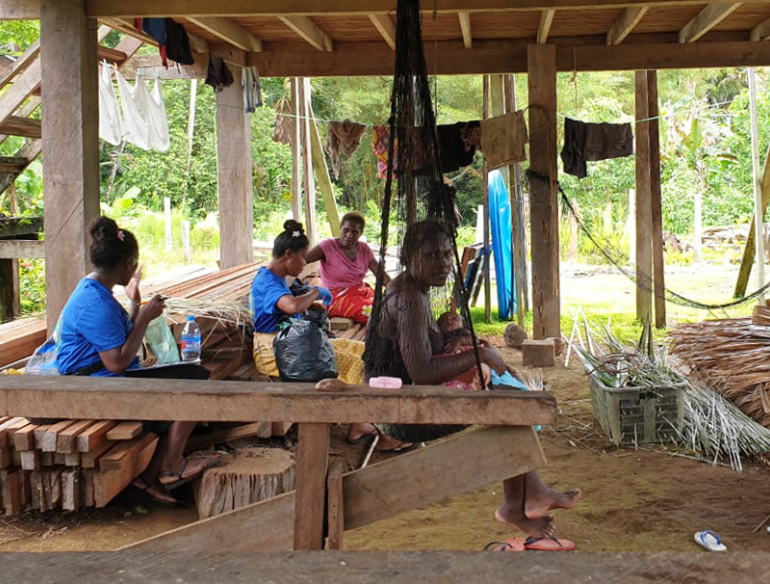Neglected tropical diseases (NTDs) affect more than one billion people worldwide, mainly in low- and middle-income countries and lead to considerable morbidity. The last decade has seen a large scale-up of mass drug administration programs (MDA) – administration of medications to populations at risk without prior diagnosis – targeting several NTDs, including the ones part of this research.
Although integration of MDA programs that use different medications to control different NTDs is now an explicit interest of WHO, there are currently no examples of integrated MDA nor integrated monitoring and evaluation to assess the impact of MDA on multiple diseases simultaneously. Our program of research will address this gap.
The multidisciplinary project will support an innovative approach to delivering MDA, using it to treat multiple diseases of concern, rather than relying on separate, disease-specific programs. Our partnership project will build on previously established relationships with the WHO, the NGOs Bridges for Development and Fred Hollows Foundation, the World Scabies Program and the Ministries of Health in the Solomon Islands, Vanuatu and Papua New Guinea.
Our research across the three countries will be conducted under four broad themes.
- We will investigate improved diagnostic methods, to make it easier for countries to integrate prevalence surveys across diseases to determine where MDA is most needed, and how effective it has been.
- We will use geospatial mapping techniques, to ensure that countries and their implementing partners have a clear picture of disease patterns across multiple diseases and can therefore target interventions more effectively to those in need.
- We will undertake stakeholder research with health system managers and community members, to find out if the integrated approach is feasible and how well it is perceived and accepted.
- We will carry out health economic analyses to assess costs and cost-effectiveness of integration.
Taken together outcomes of this research will inform the optimisation of NTD control and elimination guidelines.
Murdoch Childrens Research Institute; University of Melbourne; James Cook University; Burnet Institute; Federation University Australia; London School of Hygiene & Tropical Medicine; Case Western Reserve University; Papua New Guinea Institute of Medical Research; Ministry of Health and Medical Services, Solomon Islands; Ministry of Health Vanuatu; Department of Health, Papua New Guinea; World Scabies Program; Bridges to Development; The Fred Hollows Foundation; World Health Organisation, Western Pacific.
NHMRC Partnership Project.

